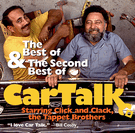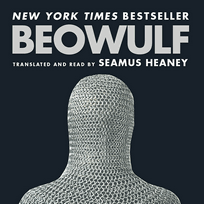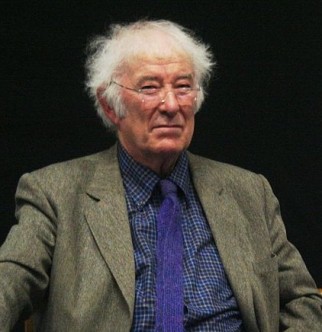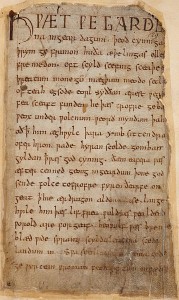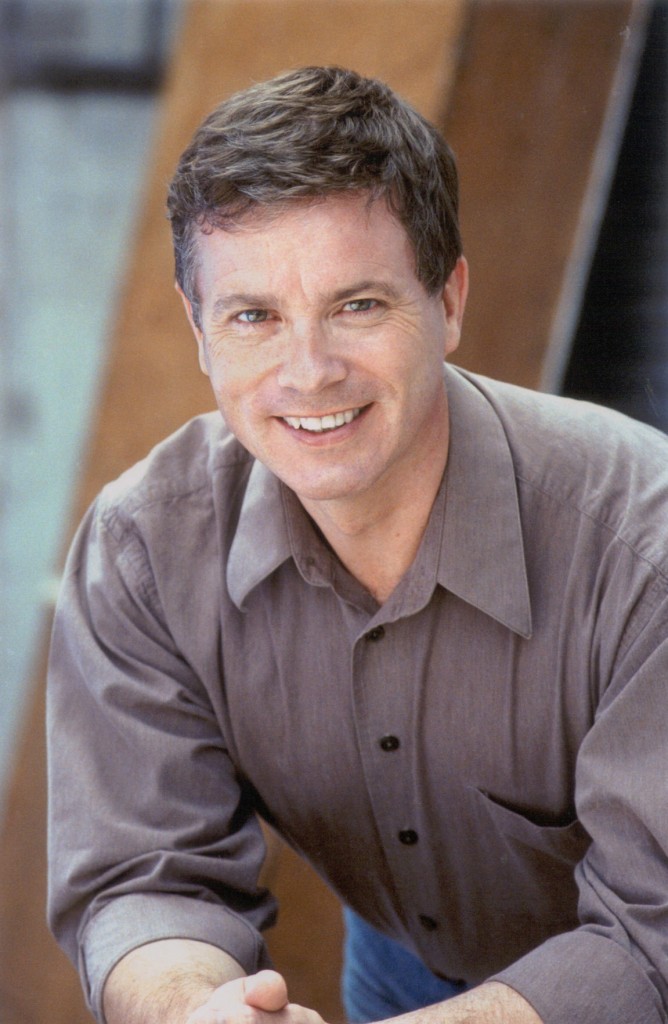Invincible
in·vin·ci·ble
/in-ˈvin-sə-bəl/ adjective
1. impossible to defeat or overcome
2. incapable of being conquered, overcome, or subdued
What would you do if you were invincible? Would you save the world? Or would you destroy it? Would you be a “good guy,” or a “bad guy”?
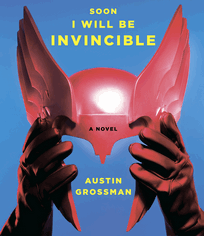 I wasn’t even into the first hour of Soon I Will Be Invincible, and I began asking myself, “Why am I rooting for the villain?” As the story unfolds further, the reason why becomes clearer. Sure, Doctor Impossible wants to take over the world (or destroy it, not sure it really matters to him), but once we get to the root of why he wants to exert total world domination, it’s easy to feel for the guy. Shunned, ignored, and at times bullied as a child genius, he perhaps comes across as the most human character among a cast of super-powered misfits (trust me, they’re all misfits, no matter which side they are playing for).
I wasn’t even into the first hour of Soon I Will Be Invincible, and I began asking myself, “Why am I rooting for the villain?” As the story unfolds further, the reason why becomes clearer. Sure, Doctor Impossible wants to take over the world (or destroy it, not sure it really matters to him), but once we get to the root of why he wants to exert total world domination, it’s easy to feel for the guy. Shunned, ignored, and at times bullied as a child genius, he perhaps comes across as the most human character among a cast of super-powered misfits (trust me, they’re all misfits, no matter which side they are playing for).
I can hear you saying, “But superheroes are for comic books, not novels or audiobooks!” Author Austin Grossman easily proves that notion false. His engaging prose grabs you almost immediately and doesn’t let go until the end. The story is full of wit and is an absolute riot — sprinkled with clever nods and tributes to the Golden and Silver ages of American comic books throughout.
The narrative bounces back and forth between supervillain Doctor Impossible, fresh out of prison and on a mission to take over the world (again), and superhero Fatale, a female super-cyborg who is the latest recruit of a group of young heroes (think Justice League). It’s easy to see Grossman’s inspiration for many of the characters, especially Blackwolf, who, unless I am completely missing something, is a tribute to Batman.
The interesting thing about the story is that Grossman explores the human side of the heroes and villains, most pointedly Doctor Impossible and Fatale. What’s it really feel like to be invited to join the most elite super team in the known universe? Self-conscious superheroes? Yup. What’s it really feel like to be the smartest human being in the world, only to be ignored by said world? How do you respond to that? You try to take over the world, time and time again, that’s how you respond. And even though you are foiled every time, you keep trying. In this case, attempts at world domination are really just a cry for attention.
Superherodom brings with it a celebrity status. Supervillaindom, on the other hand… well, that’s another story. I mean, when you attempt to take over the world about a dozen times, you’d expect at least someone to recognize you on the street. Sadly, Doctor Impossible is just a poor shmuck who wants some attention.
I’m trying to resist a comparison to Alan Moore’s Watchmen here, but I can’t help myself. Similar to Watchmen, Grossman’s Soon I Will Be Invincible explores the personal struggles and human emotions of super-powered beings – beings that are portrayed as God-like in most traditional comic books of the past. Turns out, heroes and villains have real-life feelings and real-life problems just like the rest of us. Who knew? But unlike Watchmen, a dark and twisted tale, Grossman’s story comes off as a playful tribute to the history of American comic books. Not to mention the ending of Soon I Will Be Invincible makes a lot more sense than Watchmen’s ending. (Don’t get me wrong, I loved Watchmen, but 25 years later I still can’t quite figure out what the heck Moore was trying to say with that ending.)
J. Paul Boehmer is absolutely brilliant as Doctor Impossible. And Coleen Marlo gives Fatale’s voice the touch of humanity that I believe author Grossman was going for. These two narrators completely pull you into the story, placing you smack dab in the middle of a comic book, the panels and pages in your mind.
One other interesting thing to note is that the cover (see picture above) was designed by Chip Kidd. That name may not mean much to you unless you work in the publishing industry, but you need to know that Kidd is a highly celebrated graphic designer known for his striking book covers (USA Today called him a “rock star” of graphic design)… oh, and he just happens to be a huge comic book fan himself.
So go download and listen to Soon I Will Be Invincible today. Who knows, you might even get inspired to save the world (or destroy it!).
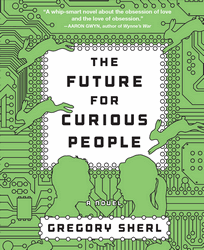 HighBridge is pleased to announce that Heather Corrigan and Justin D. Torres will be narrating The Future for Curious People, a unique and clever new novel by author Gregory Sherl. The Future for Curious People imagines a world in which an “envisionist” can tell you whether your partner is really your soulmate. With this sort of information at your disposal, how could the course of true love not run smooth? Evelyn and Godfrey are about to count the ways.
HighBridge is pleased to announce that Heather Corrigan and Justin D. Torres will be narrating The Future for Curious People, a unique and clever new novel by author Gregory Sherl. The Future for Curious People imagines a world in which an “envisionist” can tell you whether your partner is really your soulmate. With this sort of information at your disposal, how could the course of true love not run smooth? Evelyn and Godfrey are about to count the ways.



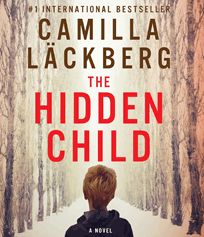
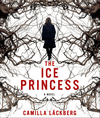
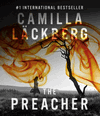

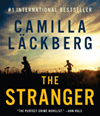
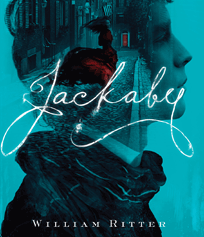

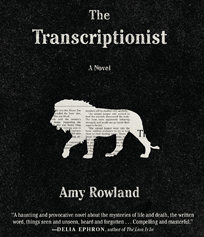
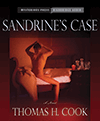 Cook’s most recent book,
Cook’s most recent book, 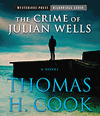 notably the human (particularly male) capacity for false confidence bordering on arrogance that can lead to disastrous unintended consequences for others (particularly female others). As in Julian Wells, genocide provides the macro manifestation of such consequences, and as in that novel and Sandrine’s Case, it is the hubris of men who think they are in control and know what is best for others that is the germinal condition of both private tragedy and the larger devastations. No one mines the depths of human anguish that result from self-delusion with more acuity and poignancy than Thomas Cook. A Dancer in the Dust may be his masterpiece.
notably the human (particularly male) capacity for false confidence bordering on arrogance that can lead to disastrous unintended consequences for others (particularly female others). As in Julian Wells, genocide provides the macro manifestation of such consequences, and as in that novel and Sandrine’s Case, it is the hubris of men who think they are in control and know what is best for others that is the germinal condition of both private tragedy and the larger devastations. No one mines the depths of human anguish that result from self-delusion with more acuity and poignancy than Thomas Cook. A Dancer in the Dust may be his masterpiece.
